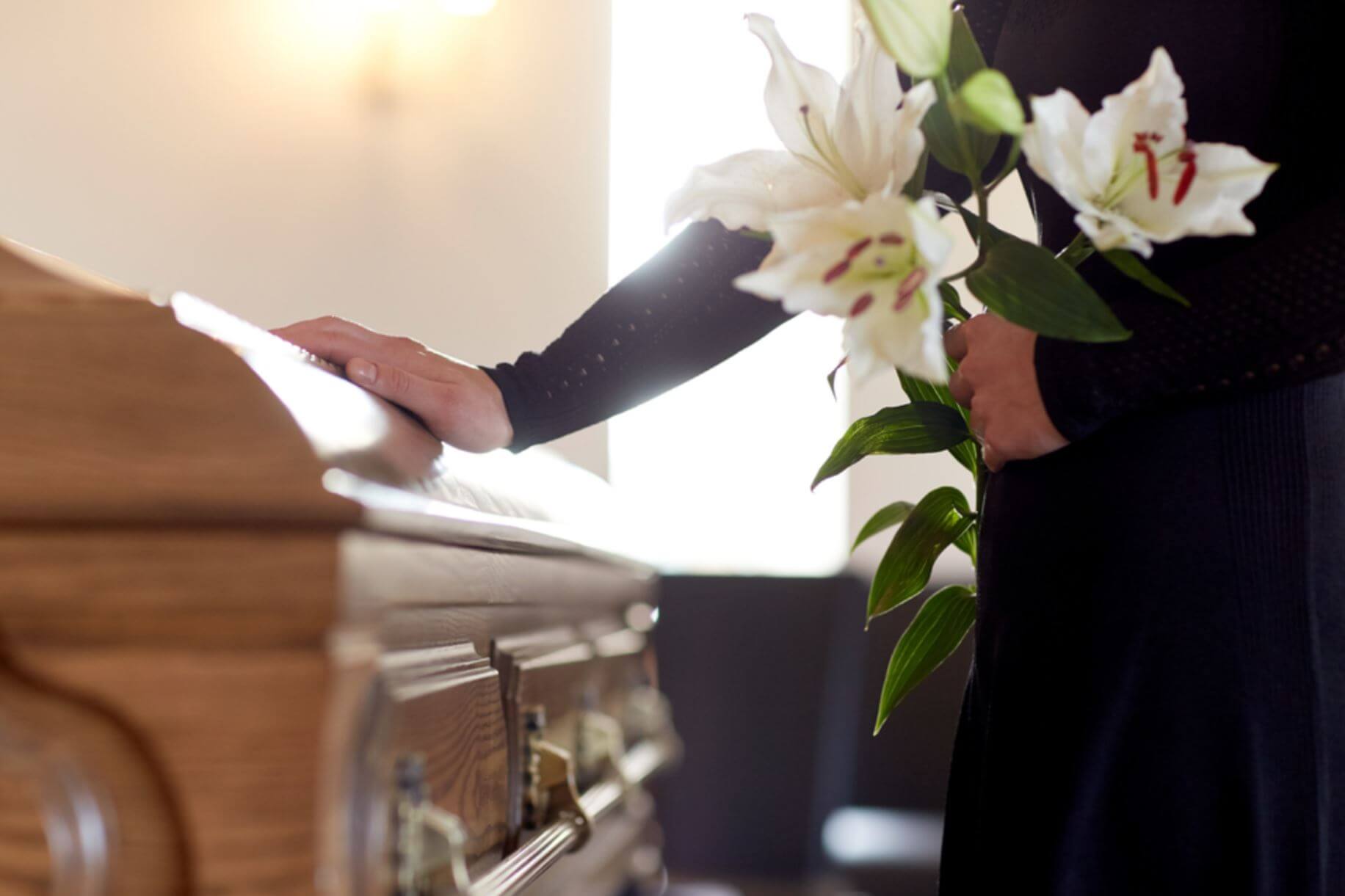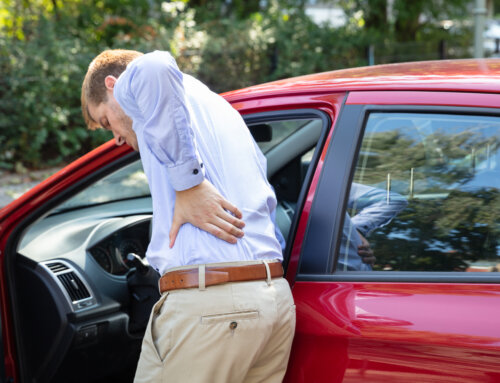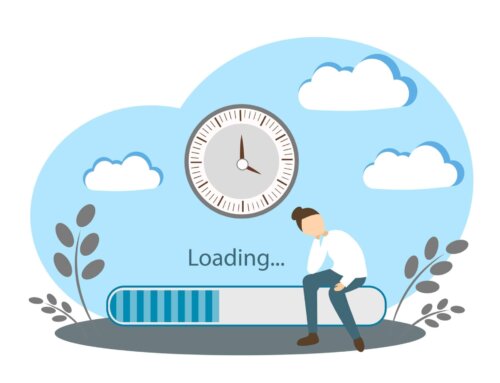This article was originally published in November 2019. It was last updated in April 2022.
Fatal accidents can happen in any walk of life. However, some types of accidents are more likely to cause fatal injuries than others.
The Department of Transport’s statistics reveal that 1390 people died due to road traffic accidents in the last recorded year.
Motorcycle accidents, pedestrian accidents, and cycling accidents account for many fatalities amongst those injured in road accidents.
The most recent annual report into fatal accidents at work produced by Health and Safety Executive(HSE) revealed 147 workers died in workplace accidents in 2021.
Forklift truck accidents, construction accidents, falls from height, and farming accidents account for many fatalities in the accident at work statistics.
People also die from medical errors, in other words, due to clinical negligence.
Not all fatal accidents are someone else’s fault, but when they are, family members often decide to seek legal advice and assistance from specialist personal injury solicitors.
In this guide, we tell you all you need to know about making a fatal accident claim following the death of a loved one.
We explain:
- who can claim
- why you should claim
- why you should choose Mooneerams solicitors to deal with your fatal accident claim
- what the statutory bereavement award is
- what a financial dependency claim is
- the steps to take in a fatal accident compensation claim, and
We also talk about No Win No Fee fatal accident claims and how to make going through the claims process financially risk-free for you.
What compensation can be claimed following a Fatal Accident?
Following a fatal accident involving a family member, two acts of parliamentary law set out who may bring a compensation claim and what they can claim.
A claim under The Law Reform (Miscellaneous Provisions) Act 1934 for the benefit of the deceased’s estate.
The first piece of law or legislation comes in the form of The Law Reform (Miscellaneous Provisions) Act 1934. This applies when a person is seriously injured in an accident that wasn’t their fault and briefly survives but dies relatively soon after.
In cases like this, theoretically, before they passed away, the deceased could have begun a personal injury for the pain and suffering caused by the accident. Upon death, the right to claim for the pain and suffering the deceased suffered from the time of the accident until they died passes to their estate.

The estate can also claim past losses incurred from the accident to the date of death. If the deceased survived for a few weeks or even longer but subsequently succumbed to their fatal injuries, there may be losses incurred during that time, such as care costs, hospital fees, and loss of earnings.
A claim for funeral expenses may also be included.
This type of claim is made by the executors named in the deceased’s Will. Any compensation awarded is paid into the estate. The Executors then payout the compensation to the beneficiaries designated under the Will. (There are similar provisions for the case where the deceased died without making a will, known as dying intestate).
Claims under The Fatal Accidents Act 1976 for Bereavement Damages and Dependency
The effect of this Act of Parliament is to give the deceased’s loved ones the right to claim certain types of damages, namely:
- Bereavement Damages (compensation).
- Funeral expenses
- In certain circumstances, compensation for dependency and loss of earnings
What are Bereavement Damages
A bereavement award is a set sum of compensation paid to specified relatives of a person who dies from the effects of an accident caused by another party.
In England and Wales, the amount a bereaved family receives is fixed at £15,120 by the ‘The Damages for Bereavement (Variation of Sum) (England and Wales) Order 2020
The family members who can claim a bereavement award are:
- Spouse.
- Civil Partner
- Parents of an unmarried child under the age of 18
- A cohabitee who lived with the deceased for two years before death
If several people are entitled to claim, the amount of £15,120 is divided between each of them.
What is a Claim for Dependency?
The Fatal Accidents Act 1976 also tells us who is entitled to make a claim for compensation based on the fact they were financially dependent on the deceased.
For example, a spouse who stays at home to look after the children may have been financially dependent on their deceased partner who was in full-time employment. The surviving spouse could find themself in severe financial difficulties if they cannot bring a dependency claim against the negligent third party who caused the accident.
The people who the Fatal Accident Act defines as ‘dependents’ are;
- the wife or husband or former wife or former husband of the deceased;
- the civil partner or former civil partner of the deceased
- any person who;
(i) was living with the deceased in the same household immediately before the date of the death; and
(ii) had been living with the deceased in the same household for at least two years before that date; and
(iii) was living during the whole of that period as the husband or wife or civil partner of the deceased;
- any parent or other ascendant of the deceased;
- any person who was treated by the deceased as their parent;
- any child or other descendant of the deceased;
- any person (not being a child of the deceased) who, in the case of any marriage to which the deceased was at any time a party, was treated by the deceased as a child of the family in relation to that marriage;
- any person (not being a child of the deceased) who, in the case of any civil partnership in which the deceased was at any time a civil partner, was treated by the deceased as a child of the family in relation to that civil partnership
- any person who is, or is the issue of, a brother, sister, uncle or aunt of the deceased
None of the classes of people listed above has an automatic right to claim compensation for dependency. They must prove that they had ‘a reasonable expectation of benefit from the person continuing to live’.
The deceased’s widow, who depended on her late husband’s income to financially look after herself and her children, would satisfy the requirements. However, a child over 18 who worked and lived away from home would probably not be able to make a successful claim.
Types of Claim for Dependency
- Past financial losses, e.g. loss of earnings, loss of pension from the date of the fatal accident through to settlement of the claim for compensation
- Future loss of earnings; the ongoing losses in the future. This calculation can be a complex one.
- Loss of services –compensation for other services the deceased carried out for the family; DIY or gardening are examples of the type of services that might come under this category.
Why Choose Mooneerams Solicitors to handle your Fatal Accidents Claim?
At Mooneerams solicitors, we are experts in road traffic accident claims and accident at work claims. We’ve been specialising in these areas of the law ever since the firm started in 2002.
Over many years, we have dealt with thousands of personal injury claims, including serious injury claims and fatal accident claims. The cases we find the most upsetting of all are those where we act on behalf of families who have lost a loved one in a fatal accident.
The loss of a loved one is the worst anyone could have. Our solicitors draw on their professional experience and skill when dealing with these types of claims to ensure that we do our best for our clients whose lives have been torn apart.
At the same time, we carry out our work mindful of our client’s situation, and our approach is entirely empathetic.
We can offer most of our fatal accident claim clients the benefits of funding their cases on a No Win, No Fee basis.
How long is there to bring a claim for fatal accident compensation?
The time limit for bringing a fatal accident claim against the person or party responsible for the accident is three years from when the deceased died. It is advisable to take advice on this, as the position may alter if there is quite a significant period between the person being involved in the accident and subsequently dying due to their injuries.
Should I even be making a fatal injury claim when a loved one has died?
Indeed, when a family loses someone that they love very much, their immediate thoughts and feelings are those of pure grief and loss. Some of us at Mooneerams have lost family members in fatal accidents, so we are well aware that that’s the case.
However, in cases where the family’s main breadwinner has gone, financial reality hits very quickly. Indeed, with everything else that they have to deal with, including organising and paying for a funeral, financial worries can be a burden that becomes all-encompassing for those left behind.
Many of the bereaved that we have helped in these circumstances find that taking positive steps to start a claim in some way helps. Indeed, knowing that they are doing something to alleviate any financial distress that they may be starting to suffer gives them some comfort.
No Win No Fee Fatal accident compensation claims
Every burden taken from your shoulders is welcome at times like these.
At Mooneerams, we can take on most fatal accident claims using a No Win No Fee agreement. One of our legal team will gladly explain how to utilise No Win No Fee arrangements to fund your claim.
The main point to take away until you have that conversation with Mooneerams is that with the benefit of a No Win No Fee claim, if you lose your claim, you will have no legal fees to pay – not to the other party nor us. Therefore, you can start a claim without worrying about paying expensive legal fees.
Mooneerams can be contacted on 029 2048 3615 or by email at enquiries@mooneerams.com.
You will find more information at www.mooneerams.com, and if you prefer, you can contact us online via the website.









